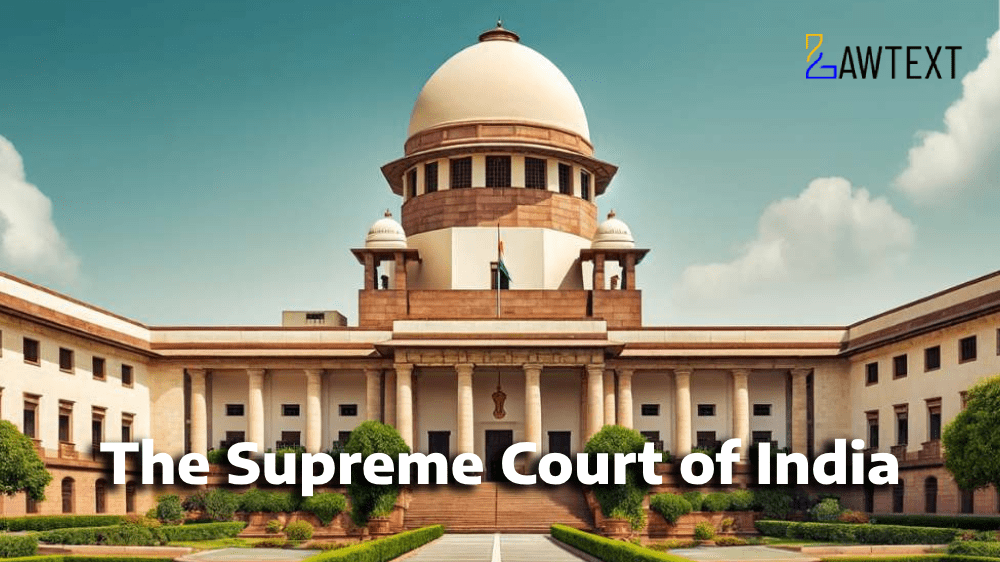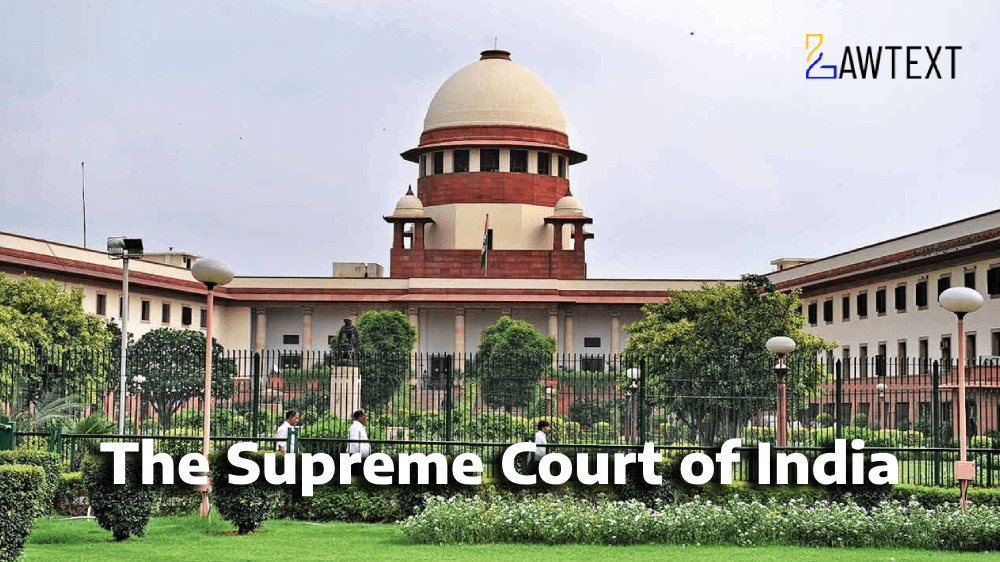Case Note & Summary
The property dispute involves the execution of a decree for specific performance. The decree stemmed from a compromise between Rehan Ahmed (plaintiff) and Ghulam Mohiuddin (defendant no.1) regarding the sale of property in Jaipur. The Rajasthan High Court had set aside the decree, but the Supreme Court reinstated the order of the Executing Court, confirming the decree’s validity and dismissing objections raised by the legal heirs of Defendant No.2, Saeeduddin.
An agreement for the sale of property was executed in 1967 and a subsequent decree was passed based on a compromise in 1979. The heirs of one of the defendants (Saeeduddin) raised objections that the decree was void as it did not include him. However, the Court determined that Defendant No.1, Ghulam Mohiuddin, was the sole owner, making the compromise between him and the plaintiff valid. The judgment emphasizes that procedural delays and multiple legal challenges cannot undo a compromise that meets all legal requirements.
1. Background (Paras 2-3): Parties Involved: Rehan Ahmed (Plaintiff/Appellant) vs. Akhtar Un Nisa (Respondent). Property in Dispute: Municipal Nos. 52-57, Maniharon Ka Rasta, Jaipur, originally owned by Ghulam Mohiuddin. Agreement: A sale agreement was executed in 1967, but complications arose leading to a legal dispute and a compromise in 1978. Initial Proceedings: The suit for specific performance resulted in a decree in 1979, which Rehan Ahmed sought to execute. 2. Legal Compromise and Decree (Paras 3.2, 4): The 1978 compromise stipulated that Ghulam Mohiuddin would execute the sale deed in favor of Rehan Ahmed after receiving the balance of the sale consideration. If Ghulam Mohiuddin failed to do so, Rehan could get it executed through the court. The compromise was verified in 1979, and a decree was passed. 3. Execution and Objections (Paras 5-6): First Objections: Ghulam Mohiuddin raised objections, arguing that the sale deed could not be executed due to the non-payment of the balance amount by Rehan Ahmed. Dismissal: The Executing Court dismissed these objections, which were upheld in subsequent appeals. 4. New Round of Objections (Paras 9-14): Respondent's Challenge: Akhtar Un Nisa, the wife of Saeeduddin (Defendant No.2), raised fresh objections under Section 47 CPC, contending that the decree was void since it did not include Saeeduddin. Supreme Court Ruling: The Supreme Court held that Saeeduddin had no ownership rights and was not a necessary party to the compromise, as Ghulam Mohiuddin was the sole owner of the property. The objections were dismissed as an abuse of legal process. 5. Final Ruling (Paras 14-16): Restoration of Executing Court's Order: The Supreme Court reinstated the order of the Executing Court, dismissing Akhtar Un Nisa’s objections, and upheld the original compromise decree. No Costs: The Court ruled that no order as to costs would be made. Acts and Sections Discussed: Section 47 of CPC: Deals with the examination of questions arising between parties in execution proceedings. Order XXIII Rule 3 of CPC: Governs the recording of compromises by the Court, ensuring that any agreement between parties is lawful and voluntary. Ratio Decidendi:The case is that a valid compromise entered into by the sole owner of a disputed property and verified by the court cannot be invalidated due to procedural delays or objections from parties who do not hold ownership rights. The objections by the legal heirs of Saeeduddin, who had no ownership, were not maintainable under the law.
Subjects:Property Law, Compromise Decree, Execution of Decree
Property Dispute, Civil Procedure Code, Compromise Decree, Specific Performance
Issue of Consideration: Rehan Ahmed (D) Thr. Lrs. Versus Akhtar Un Nisa (D) Thr.Lrs
Premium Content
The Issue of Consideration is only available to subscribed members.
Subscribe Now to access critical case issues





